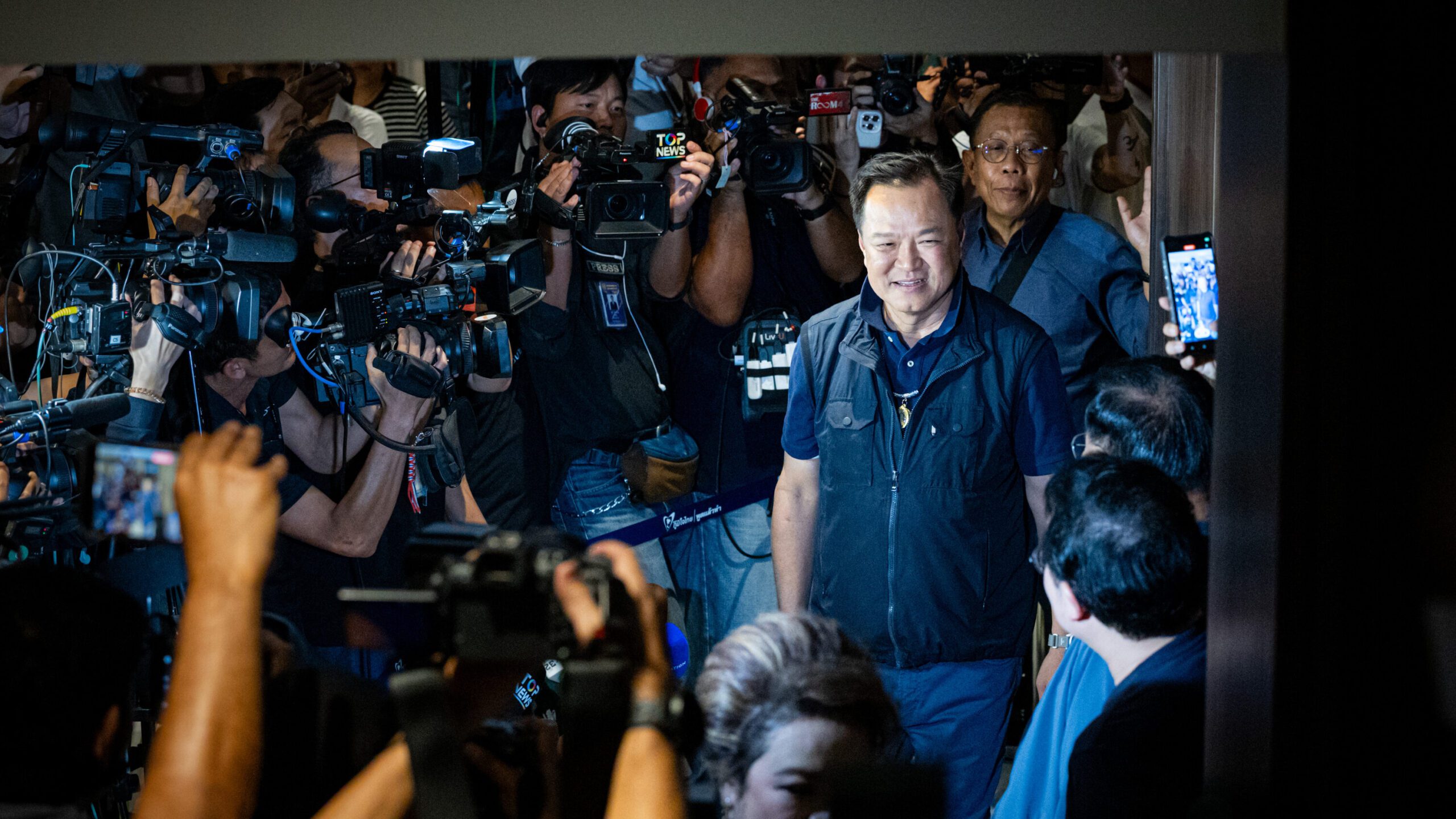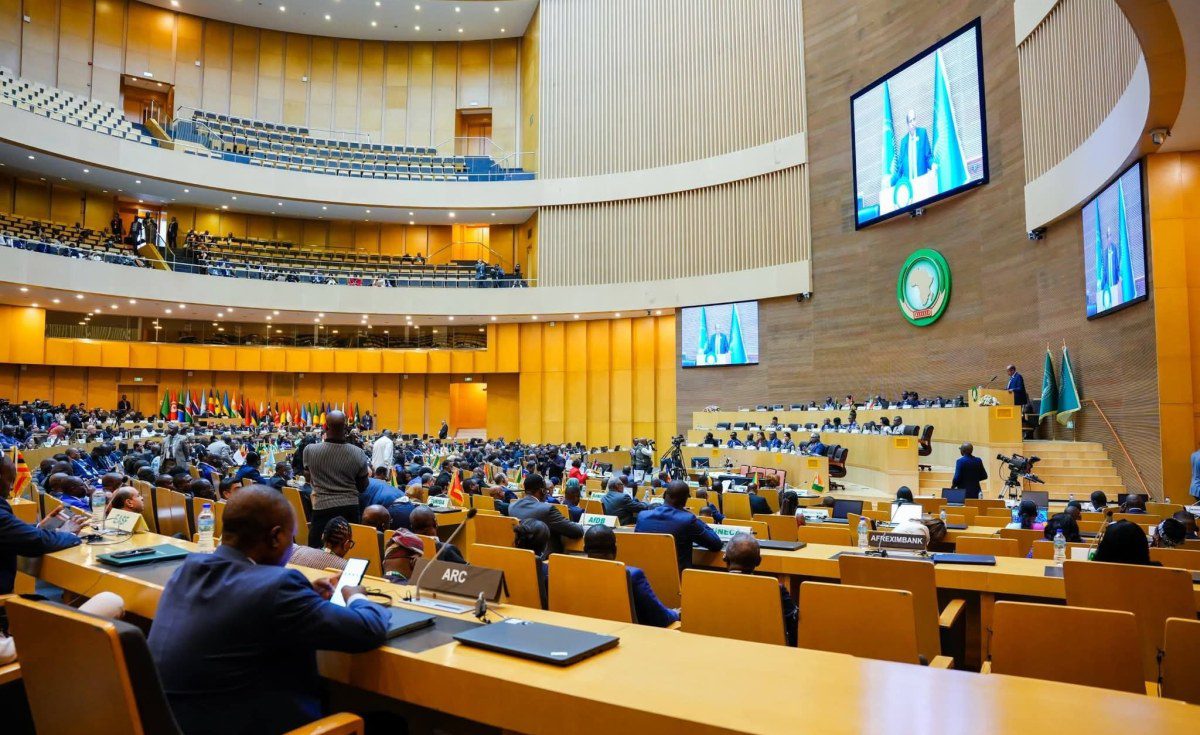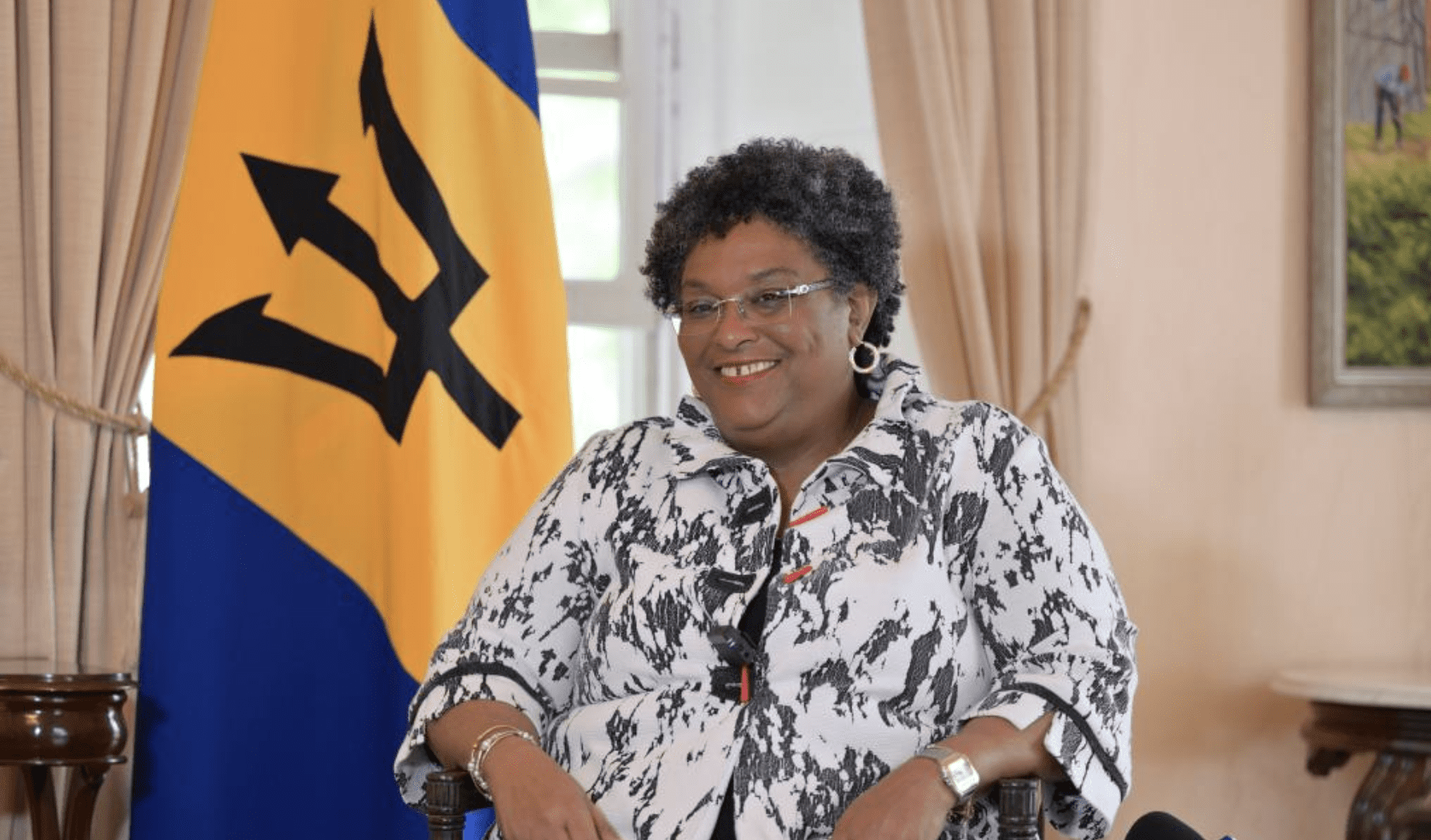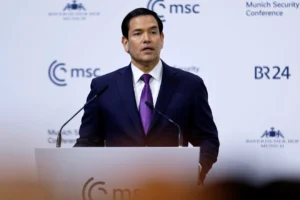Key Impact Points:
- Hundreds of conservation projects worldwide face immediate setbacks due to cuts in U.S. foreign aid.
- Experts warn of a rise in poaching, trafficking, and threats to endangered species as ranger patrols and restoration efforts are scaled back.
- USAID, a top biodiversity funder, provided $350M in 2023 alone—now conservation groups are scrambling for alternatives.
Major Global Conservation Efforts in Jeopardy
A wave of uncertainty is sweeping through hundreds of wildlife conservation projects globally following U.S. funding reductions initiated under the Trump administration. Once a lifeline for initiatives protecting critical habitats and endangered species, cuts to USAID and related agencies are now threatening decades of progress.
Among those most affected is Mozambique’s Gorongosa National Park. Once decimated by civil war and poaching, Gorongosa became a symbol of ecological recovery with support from USAID and philanthropist Gregory Carr. Today, that progress is under threat.
Conservation Experts Warn of Surging Trafficking
“These funding cuts could not have come at a worse time. The loss of US funding means an immediate reduction in rangers protecting wildlife on the frontlines,” said a wildlife trafficking expert speaking anonymously. The ripple effects are already visible, with upticks in rhino poaching, ivory trafficking, and illegal trade of species like jaguars and tigers.
Another anonymous conservationist emphasized the broader impact: “Efforts to prevent the illicit trade in high-value wildlife products also disrupt the transnational crime cartels driving the illegal trafficking of narcotics, people and weapons.”
US Played Outsized Role in Global Biodiversity Funding
The U.S. was responsible for 12.1% of all biodiversity funding globally between 2015 and 2022, according to OECD data. Agencies such as USAID, the US Fish and Wildlife Service, and the Bureau of International Narcotics and Law Enforcement channeled approximately $740 million annually toward conservation efforts worldwide.
That included anti-poaching efforts in East Africa, illegal fishing prevention in the Galápagos, and land rights programs for Indigenous communities in the Amazon.
“Some people seem to believe our international engagement should only consist of guns, bibles and the occasional Band-Aid,” said Matthew Hansen of the University of Maryland.
Conservationists Fear Lasting Damage
Experts say alternative funding sources are unlikely to fill the gap left by the U.S. retreat. NGOs report job losses, halted fieldwork, and curtailed programs across continents.
Mark Freudenberger, a veteran of USAID-backed projects, warned: “I’m very concerned about the future of lemurs in Madagascar; white rhinos and elephants in southern Africa; gorillas in Rwanda, Congo and the Central African Republic; orangutans in south-east Asia. The list goes on, and it is long.”
With conservation groups stretched thin and global threats rising, the loss of U.S. aid could mark a critical setback in the fight to protect the world’s biodiversity.

 Follow SDG News on LinkedIn
Follow SDG News on LinkedIn











